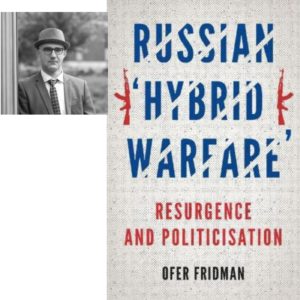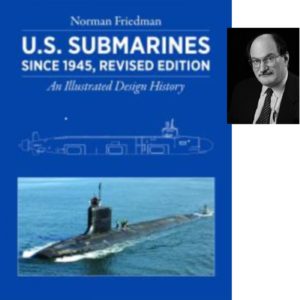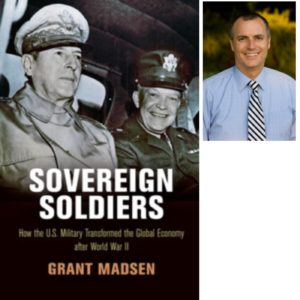Podcast: Play in new window | Download
Subscribe: RSS
 Ofer Fridman is an academic who has studied Russian military thinking for many years. We discussed his latest book on the concept of Russian Hybrid Warfare.
Ofer Fridman is an academic who has studied Russian military thinking for many years. We discussed his latest book on the concept of Russian Hybrid Warfare.
1:45 – Ofer talks about how he got into studying this topic of Hybrid Warfare. He found that Russia and the West saw hybrid warfare in two different ways.
7:39 – The term hybrid warfare is relatively new, maybe ten years old. The word is new but the phenomena is not.
10:02 – Ofer doesn’t like the term the term hybrid warfare. Three different concepts fall uner the term hybrid warfare.
12:20 – Partisans used to have access to the same weapons the armies had. But now the technology used by each is very different.
17:10 – In WWII, Russian partisans were fighting in different spaces than the regular Army.
20:35 – Ofer talks about the problem with the term in that it covers everything and thus nothing.
24:00 – War is a very definite concept. To call economic sanctions a war helps with politics but it confuses people as far as what a military can do.
25:45 – Ofer discusses the Ukraine example.
32:20 – Ofer talks about how he did his research.
34:30 – Russians believe they lost the Cold War in a very non-military way. The best students of the last war are those who were defeated but not conquered as the Russians experienced and the Germans after WWI.
40:30 – Ofer discusses a funny story about an early NATO documentary on hybrid warfare.
43:00 – Ofer discusses an interesting person named Yevgeny Messner. He was born in the late 19th century and did a lot of research on military matters. He was a Russian who fought the communists and then joined the Nazis in WWII. He then escaped to Argentina. Ofer talks about how his writings led to formal thinking about hybrid warfare.
50:30 – The purpose of war has become an undermining the adversary’s society since nuclear war has limited other military options.
58:07 – Putin is very clear as to what he plans to do. The West seems to miss his messages.
1:03:46 – Russians have their own version of Clausewitz. Western analysis of Russia often doesn’t look before the Soviet Union. The Russians have three ways of thinking about war. Soviet, Russian Imperial and Russian exiles way of thinking. Many Westerners are unaware of lots of this writing.
1:08:55 – He has a page on academia.edu.
For more “Military History Inside Out” please follow me on Facebook at warscholar, on twitter at Warscholar, on youtube at warscholar1945 and on Instagram @crisalvarezswarscholar
Guests: Ofer Fridman
Host: Cris Alvarez
Tags: military, history, military history, conflict, war, interview, non-fiction book, hybrid warfare, Russia, the West, Ukraine, 2014, WWII, partisans, Hoffman, Cold War, Russian Revolution


 Dr. Grant Madsen has long been interested in history and this led him to earn a PhD in History. Sovereign Soldiers is his first book and explains how the US military transformed the global economy with the economic policies it applied to the occupation of Germany and Japan after WWII.
Dr. Grant Madsen has long been interested in history and this led him to earn a PhD in History. Sovereign Soldiers is his first book and explains how the US military transformed the global economy with the economic policies it applied to the occupation of Germany and Japan after WWII.